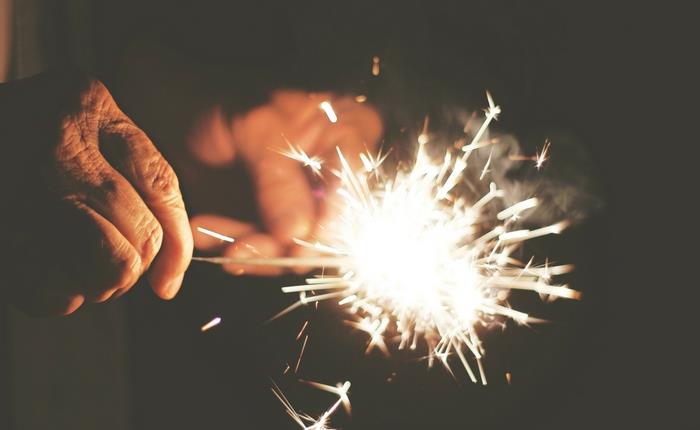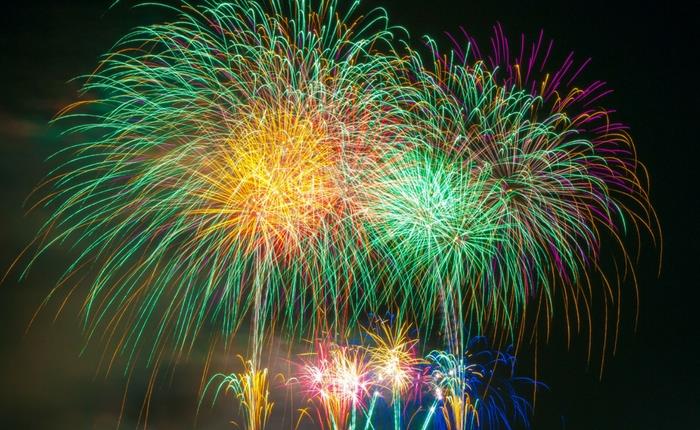An amazing experience of shining festival of Diwali, India
Diwali is called the Festival of Lights and is celebrated to honor Shri Rama, the seventh avatar of Vishnu. It is believed that on this day Rama returned to his kingdom and people after 14 years of exile. It is celebrated in India amongst all major religion to symbolize the victory of light over darkness, knowledge over ignorance, good over evil, hope over despair.

The
Significance :
Many people observe
the Diwali Festival to celebrate the return of Lord Rama along with his wife
Sita and brother Lakshmana back to Ayodhya after fourteen years. On their
return after fourteen years of exile, the people of Ayodhya welcomed Rama by
decorating the entire kingdom with lights.
On the occasion of
Diwali, people worship Goddess Lakshmi and Lord Ganesha. Diwali is also known
as the Festival of Lights.
In many places, Hindus consider this day as the beginning of
“New Year”.
The Decorations:
Placing lanterns in
the garden and balconies: Colored lanterns, lights and Diya is used to decorate
the house.
Make, eat and distribute sweets: Spend more time in enjoying
the other traditions of this festival like savoring the food delicacies.
Rangolis: People do
colorful rangoli - an art made with colorful sand, in front of their houses.
Fire Crackers:
Firecrackers and fireworks are a big part of Diwali celebrations. People enjoy
celebrating the Festival of Light by lighting up the sky in various colors.

The Rituals:
Diwali is the 5 days festival, all the days have their own
importance.
Day 1:
The first day of
Diwali is known as 'Dhanteras'. People renovate, decorate their houses and
workplaces on this day and make traditional 'Rangoli' motifs on the entrance,
to welcome Goddess Lakshmi.
Day 2:
On the second day, people take bath before sunrise, anoint
themselves with oil and 'Ubtan' (scrub made up of gram flour and fragrant
powders). Bengalis believe that Goddess Kali killed the demon Raktavija on this
day. Also, people burst crackers.
Day 3:
The third day is the
main day of the Diwali festival. Jains have their own religious significance of
the day because they believe that Lord Mahavir attained 'Nirvana'` on the day.
Swami Dayananda Saraswati, the great saint who gave rise to Hindu
Renaissance also left the mortal world on this day. On this
day, People worship god and start new accounts. People also wear new clothes
and share gifts and sweets with their friends and relatives.
Day 4:
It’s called New Year. On the fourth day is the
'Govardhan-Puja' or 'Annakoot'. In the temples of Mathura and Nathadwara,
India, the deities are bathed in milk and decorated with precious clothes and
ornaments. People visit relatives and friends and give wishes for New Year.
Day 5:
The fifth day or the last day of this festival is called '
Bhai Duj '. On this day, sisters invite their brothers and their family to
their homes and treat them with delicacies.
Diwali is a festival like no other, It has the celebration,
delicious food, lights and so much fun. It also teaches great lessons from
history. it brings all people together,
The best part of being in India during festivals is, the whole country becomes
a family, and they celebrate this united spirit. Cheers India!